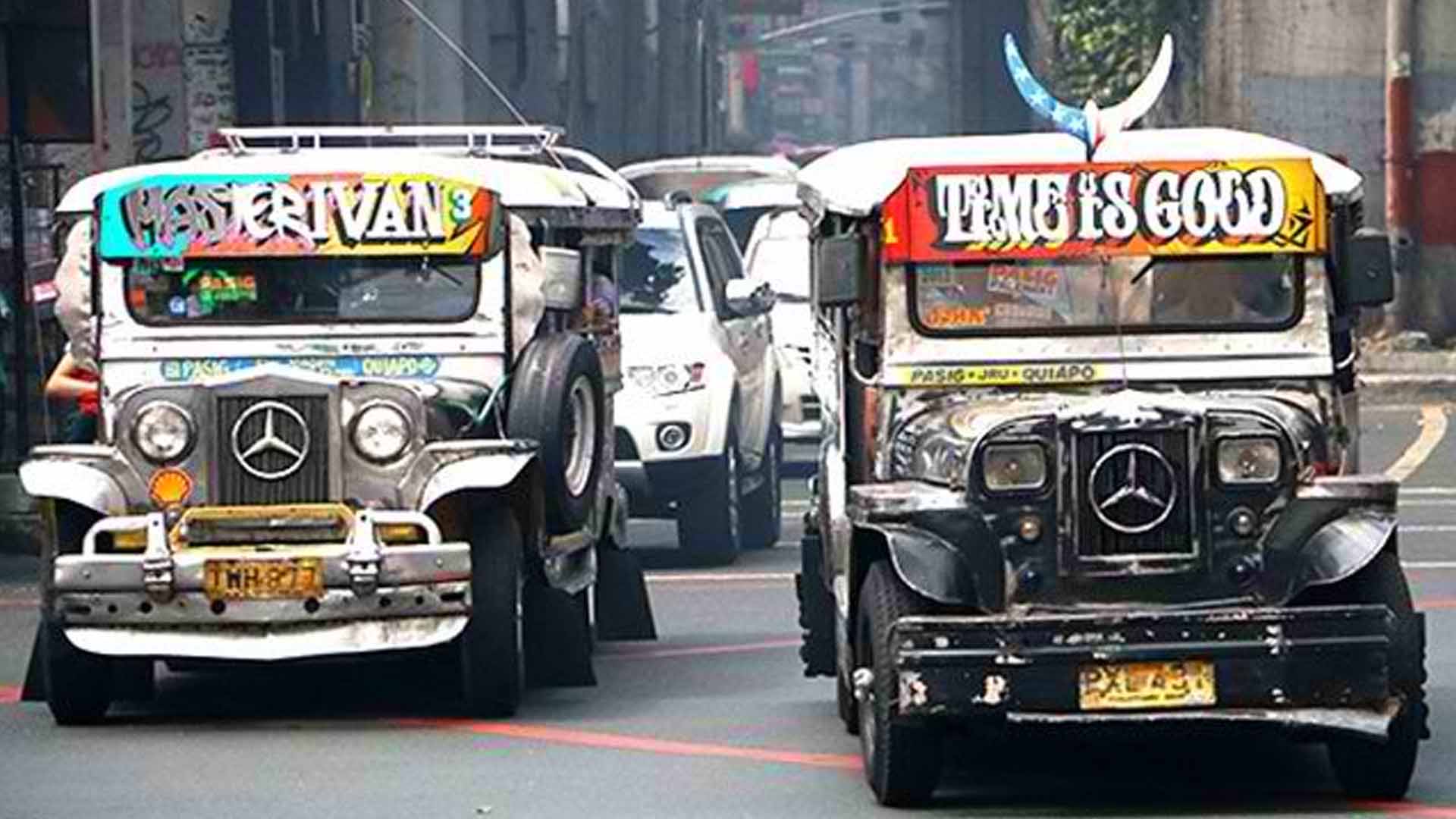The Land Transportation Franchising and Regulatory Board (LTFRB), on Tuesday said the transport holiday had little effect on commuters, thanks to the cooperation of the national government and local government units (LGU).
LTFRB chairman Martin Delgra III said aside from the relatively small number of those who joined the protests on Monday, the national government and LGUs worked together to provide free public transportation, additional public utility vehicles (PUV), and strict traffic and law enforcement in major roads, while classes and work were suspended.
Joselito Lucero, a “barker” or someone who calls the attention of passengers, was situated along España Boulevard when he recalled how the transport strike had little effect on commuters even though there were only few jeepneys plying the main thoroughfare.
“Kokonti lang din ang pasahero, yung iba kasi walang pasok (There were only a few passengers because others don’t have work or school),” Lucero said in an interview on Monday.
He added there was only a spike in the number of passengers in his jurisdiction during the evening rush.
“Wala naman. Ngayong hapon lang, kasi madalang na ang mga sasakyan (The transport strike had little effect. Just this evening because there are now only a few PUVs),” Lucero said.
Aside from the LTFRB, Department of Transportation (DOTr), Metropolitan Manila Development Authority (MMDA), Land Transportation Office (LTO), Philippine National Police Highway Patrol Group (PNP-HPG), Inter-Agency Council on Traffic (i-ACT), and LGUs-supportive transport groups and cooperatives also ensured that the transport holiday had little effect on commuters, according to Delgra.
“Nakatulong ang mga dayalogo natin sa mga transport group at cooperatives nationwide sa tulong na rin ng Modern PUV Caravan. Sa katunayan, walang nakilahok na mga operator at driver sa (Our dialogues with the transport group and cooperatives nationwide helped with the assistance of Modern PUV Caravan. In fact, no operator and driver participated in) Regions II, VI, VII, VIII, IX, X, XI, XII at CARAGA,” Delgra said.
In a press conference at the LTFRB office in Quezon City on Monday, Delgra said no transport strike could stop the government’s PUV modernization program (PUVMP).
“The firm directive of the President and the DOTr is to continue to implement the PUV modernization program. Matagal na po natin itong inaasam-asam (We’ve been longing for this for a while now),” Delgra said.
Only through dialogues, consultation, and workshops could the concerns of public transport groups be addressed, especially not causing inconvenience to the riding public, he added.
“Dinidiin natin yung sinasabi natin na dayalogo at konsultasyon ang kailangan. And therefore, hindi po option ‘yung pag-transport-strike. Lalong-lalo na kung pine-perwisyo mo yung mga mananakay (We stress that dialogues and consultations are what are needed. And therefore, not transport strikes especially if they cause inconvenience to passengers),” Delgra said.
The LTFRB chief cited the strong support of the public for the PUVMP as one of the main reasons why the program would not be suspended or cancelled.
“For so long as there is public support, strong popular support, tuloy ang (it will continue) modernization. We’re getting data from all across the country that there is very strong support for the modernization,” Delgra said.
On Monday, PUV drivers and operators –mostly those with jeepneys– held a transport holiday across the country to protest the coming phase-out of jeepneys and other medium-sized PUVs by 2020 with the administration’s PUVMP.
Groups that joined the transport strike included Pinagkaisang Samahan ng mga Tsuper at Operator Nationwide (Piston), Alliance of Concerned Transport Organizations (ACTO), among others. (PNA)







